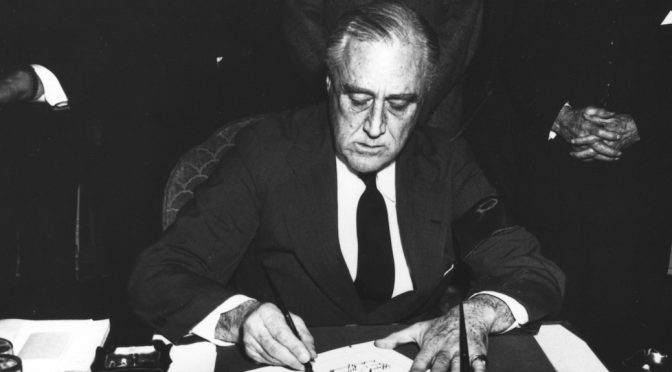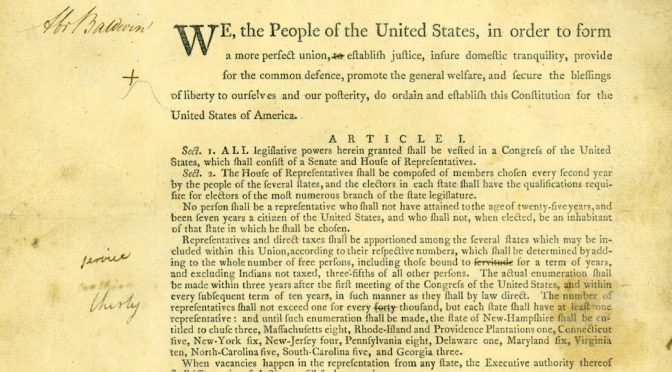Shortly after Nazi Germany invaded Poland in 1939, President Franklin D. Roosevelt issued a proclamation of a “limited” national emergency. This proclamation cited no statutory or inherent authority. Alden Fletcher looks to the historical record to suggest Roosevelt’s proclamation was relying on ambiguous statutes that provided for executive power to declare emergencies or take emergency… Continue reading Roosevelt’s “Limited” National Emergency: Crisis Powers in the Emergency Proclamation and Economic Studies of 1939
Tag: National Security
Lessons for the Next Twenty Years: What We’ve Learned in the Two Decades Since 9/11
LESSONS FOR THE NEXT TWENTY YEARS: WHAT WE’VE LEARNED IN THE TWO DECADES SINCE 9/11 A Note from Editor-in-Chief William C. Banks By any measure the terrorist attacks on the World Trade Center and the Pentagon on September 11, 2001 brought an immediate laser focus to the phenomenon of international terrorism. Though hardly new to… Continue reading Lessons for the Next Twenty Years: What We’ve Learned in the Two Decades Since 9/11
National Security and Access, a Structural Perspective
Public access to court proceedings is a constitutional dictate and yet, since Sept. 11, 2001, the executive branch has pushed for secrecy to shroud the courtroom in the name of national security. Too often, courts have acquiesced despite the fact that access plays a crucial role in checking inter-branch conflicts, providing the electorate the information… Continue reading National Security and Access, a Structural Perspective



